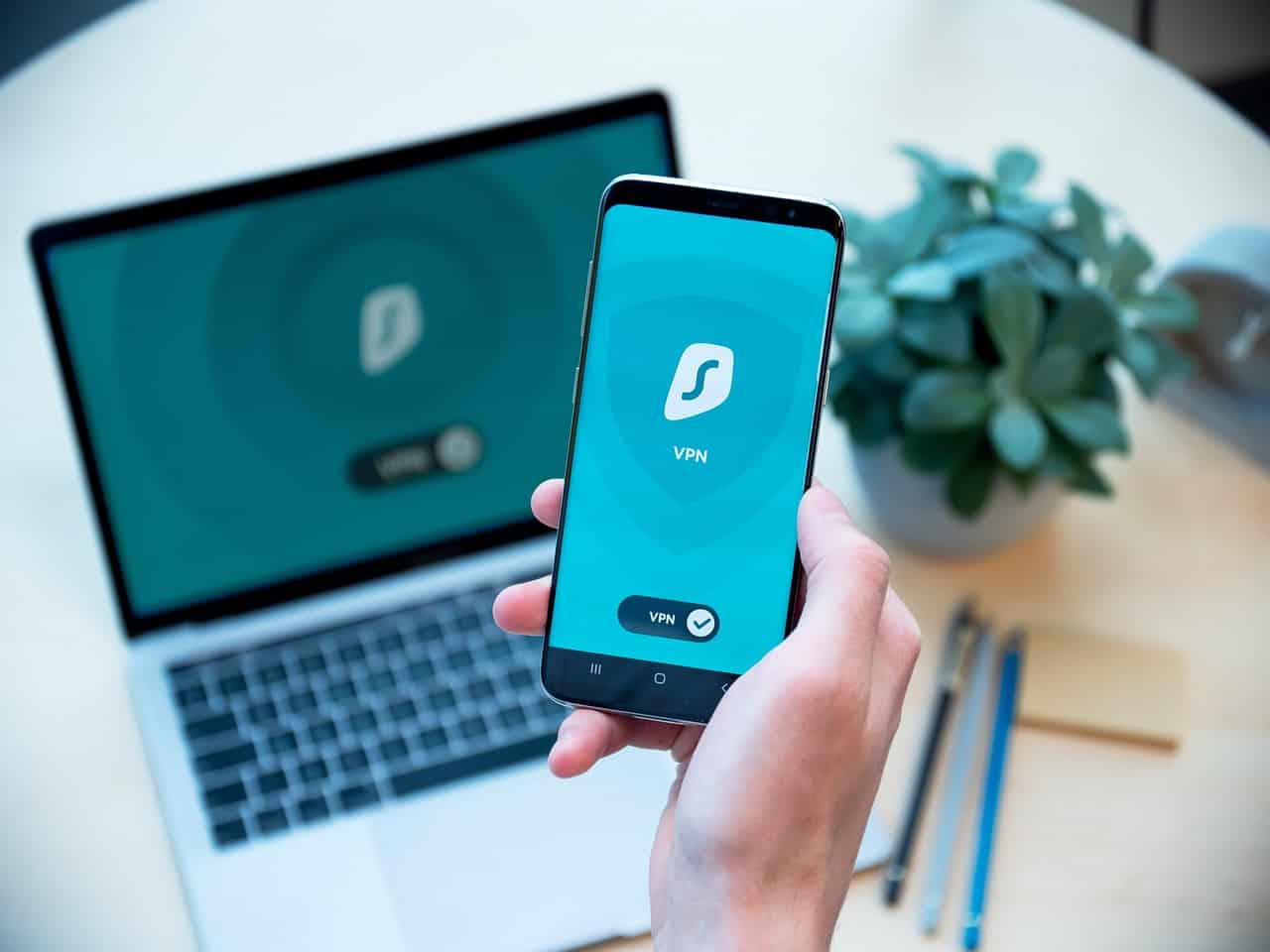In today’s digital age, we are constantly connected to the internet through mobile devices. While this has made our lives easier and more convenient, it also comes with a risk.
We expose ourselves to potential security threats whenever we connect to a public Wi-Fi network. Hackers can easily intercept our personal information, including passwords, credit card details, and other sensitive data.
But a solution can prevent this from happening: VPN for mobile devices. By using a VPN, you can encrypt your online traffic and protect your privacy on the go.
We’ll explore the benefits of using a VPN for mobile devices, how it works, and what to look for when choosing a VPN provider. So continue reading to the end to get the most out of it.
How Does VPN Work?
A Virtual Private Network (VPN) is a technology that enables secure and private communication over the Internet. It creates a secure connection, or tunnel, between your Android device and a remote server operated by the VPN provider.
So what is VPN used for? When you connect to a VPN, your internet traffic is encrypted and routed through this tunnel, effectively masking your real IP address and location.
This encryption prevents third parties, such as hackers, your ISP, or government agencies, from intercepting and snooping the transmitted data. The VPN server is an intermediary between your device and the websites or online services they access.
Instead of directly communicating with the websites, your requests are sent to the VPN server, which then forwards the requests on your behalf. This process effectively hides your identity and location from the websites you visit.
Why Do You Need VPN For Your Mobile Device?
- Enhanced security. With VPN, all your online activities are encrypted, and your sensitive data and personal details remain safe from hackers and cybercriminals. VPN provides an extra layer of protection by masking your IP address and hiding your online activity from prying eyes.
- Offers online anonymity. VPN allows you to browse the internet without revealing your identity or location.
It changes your IP address, making it difficult for anyone to track your movements. This also prevents them from collecting data about your browsing habits and preferences.
3. Access to geo-restricted content. Many websites and streaming services, such as Netflix, Hulu, and BBC iPlayer, restrict their content based on geographic locations.
With VPN, you can bypass these restrictions and access the content you want from anywhere in the world.
4. Protection against malware. Many mobile users fall prey to phishing scams and malicious software when downloading apps or files from unsecured sources. Some VPNs come with antivirus just for this job, to protect you from malware attacks.
5. Offers add a free browsing experience. Some VPNs offer built-in ad-blocking features, eliminating intrusive ads and enhancing your browsing experience by reducing distractions and potential security risks associated with malicious advertisements.
What To Expect When Using Free VPN Services
Using a free VPN service might not be the best approach regarding online privacy. While these services can provide some protection, their limitations can make them unreliable for daily use.
Monthly data usage caps are a common issue with free VPNs, meaning users must be cautious about when and where they use the service.
Furthermore, free VPN services often handle user data in questionable ways since they do not have the same level of accountability as paid services. Free VPNs are more likely to misuse, sell, or exploit personal data than premium paid services.
As such, investing in a paid VPN service might be worth ensuring complete online privacy and security. Opting for reputable paid VPN services is generally a more reliable approach to ensuring online privacy.
Can VPNs Bypass Censorship?
VPN is an effective tool for bypassing censorship, although its success may vary depending on the specific circumstances and methods employed by the censoring authority.
As discussed, VPNs work by encrypting and redirecting internet traffic through secure tunnels, making it difficult for third parties, including sensors, to monitor or manipulate the data.
By connecting to a VPN server located in a different country, you can access the internet as if you were physically present in that location. This can help bypass censorship measures implemented by the user’s own country.
However, it’s important to note that some countries actively block or restrict VPN usage to maintain control over internet access and prevent circumvention of their censorship efforts.
These countries employ advanced techniques to detect and block VPN IPs, and Ports, making it more challenging for users to bypass censorship successfully.
Features to Look for in an Android VPN
- Fast connection speeds – Look for a VPN that offers fast and reliable speeds to ensure smooth browsing, streaming, and downloading experiences.
- Security – Prioritize VPNs with strong encryption and advanced security features like DNS leak protection. A trustworthy VPN provider prioritizes user security and privacy to safeguard sensitive data and online activities.
- Kill Switch – A kill switch automatically disconnects your internet if the VPN connection drops, preventing any unprotected data from being transmitted.
- User interface – A well-designed and intuitive VPN app makes navigating and managing your Android device’s VPN settings easier.
- Price – While free VPNs are available, they often have limitations and potential privacy concerns. Using a paid VPN ensures better features, support, and overall reliability. But ensure it’s one that you can easily afford.
- No-logs policy – Choose a VPN with a strict no-logs policy, meaning it doesn’t store any user activity or connection logs, ensuring your online activities remain private.
Conclusion
VPNs for mobile devices are invaluable tools for safeguarding your privacy and security while on the go. VPNs protect your personal information from potential hackers, snoopers, and surveillance by encrypting your internet traffic and masking your IP address.
With the proliferation of public Wi-Fi networks and the increasing threats of data breaches and privacy violations, using a VPN on your mobile device is crucial.





















